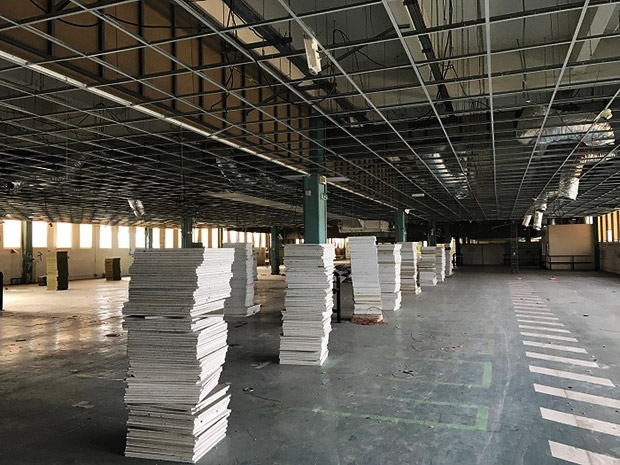The group
Our purpose : To be the first European platform for links and exchanges, human and digital, green and civic, at the service of our customers in their projects and of the society as a whole in its changes.
Activities
A group structured into 4 branches : a multi-business model which anchors its unique position as an operator of close contact services.
Commitments
La Poste puts its societal commitments at the heart of its business model and its strategic plan.

